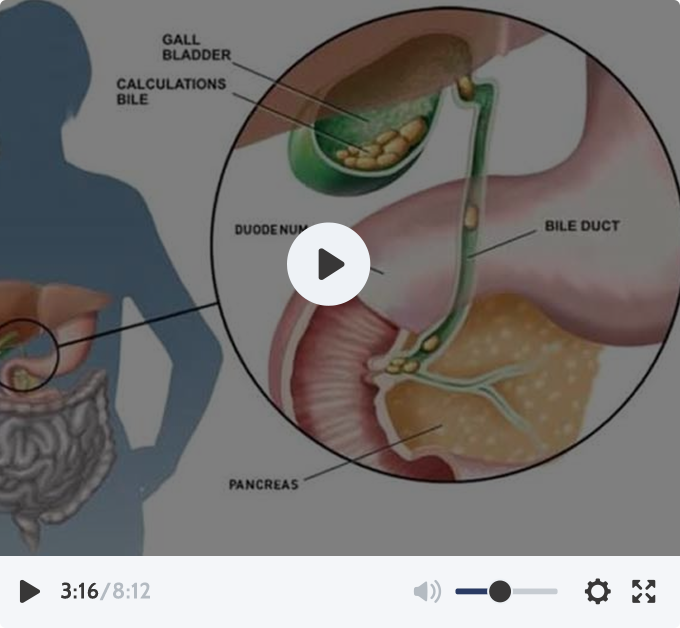Achalasia cardia is the failure of LES (lower esophageal sphincter) to relax and let the food pass down to stomach leading to difficulty in swallowing food.
If you have achalasia, your LES fails to open up during swallowing, which it’s supposed to do. This leads to a backup of food within your esophagus. This condition can be related to damaged nerves in your esophagus. It can also be due to damage of the LES.

The main cause of achalasia is degeneration of the nerve cells in the esophagus (the food pipe). The exact reason why this happens is not known. The loss of nerve cells in the esophagus causes two major problems that interfere with swallowing. Firstly, the muscles that line the esophagus do not contract normally, so that swallowed food is not pushed forward through the esophagus and into the stomach properly. Secondly the lower esophageal sphincter (LES), a valve made of of muscles, does not relax with swallowing as it does in normal people. As a result, the esophagus above the persistently contracted LES starts to dilate, and large volumes of food and saliva can accumulate in the dilated esophagus.
The diagnosis can be made based on symptoms and following tests are done to confirm the diagnosis.
All treatments reduce the pressure within the lower esophageal sphincter (LES) to allow easier passage of food from the esophagus into the stomach. The muscle of the LES is divided leaving the mucosa (inner lining of the esophagus) intact.